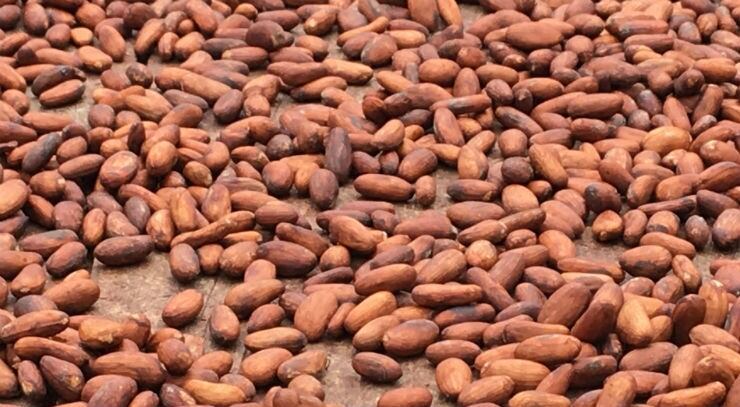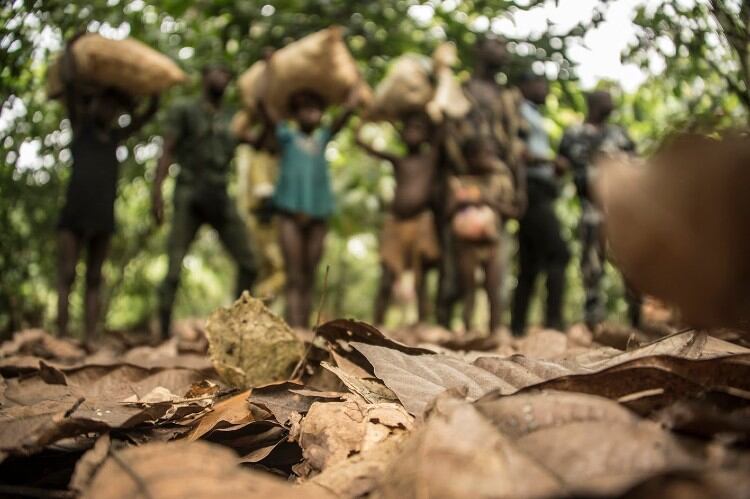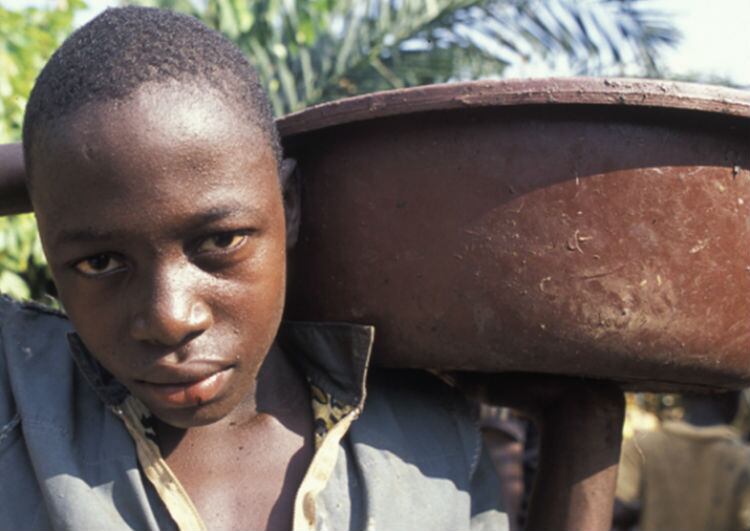In a case that originated in the courts more than 15 years ago, six young men from Mali alleged they were taken to the country as child slaves to produce cocoa. Nestlé USA and Cargill buy cocoa from farms in the Cote d’Ivoire and provide the farms with technical and financial resources.
The plaintiffs sued Nestlé and Cargill under the Alien Tort Statute (ATS), which provides US federal courts jurisdiction to hear claims brought by 'aliens'.
The court ruled 8-1 that the group had no standing because the abuse happened outside the US - but it stopped short of a definitive ruling on whether the Alien Tort Act - an 18th century law - could be used to hold US companies to account for labour abuses committed in their supply chains abroad.
In its decision, written by Justice Clarence Thomas, the court ruled that while Nestlé USA and Cargill provided the farms with technical and financial resources, there was no evidence that business decisions made in the US led to the men's forced labour.
The court’s latest ruling will come as a blow to activists who have fought the chocolate firms for years.
Terry Collingsworth, executive director of International Rights Advocates, said the ruling is a temporary reprieve for the companies – and it will amend the complaint and file it “to keep this fight going forward.”
In a statement he said: "They decided on the budgets, they decided on the planning, on the business aspects - all those things were done from the US."
Approximately 70% of the world's cocoa is produced in West Africa, with most of it exported to North America and Europe. A recent NORC study commissioned by the US Department of Labor, shows an estimated 1.56 million children work in cocoa production in Cote d'Ivoire and Ghana.
A Nestle spokesperson said. “Child labour is unacceptable, that is why we are working so hard to prevent it. Today, all nine Supreme Court justices unanimously agreed there is no basis for this lawsuit to proceed against Nestle. Nestle never engaged in the egregious child labour alleged in this suit, and we remain unwavering in our dedication to combatting child labour in the cocoa industry and to our ongoing work with partners in government, NGOs and industry to tackle this complex, global issue.”
A spokesperson for Cargill said: “The Supreme Court’s ruling today affirms Cargill’s analysis of the law and confirms this suit has no basis to proceed. Regardless, Cargill’s work to keep child labour out of the cocoa supply chain is unwavering. We do not tolerate the use of child labour in our operations or supply chains, and we are working every day to prevent it. We will continue to focus on the root causes, including poverty and lack of education access.”
Case history:
- In 2005, International Rights Advocates sued Nestlé and Cargill on behalf of the six children trafficked from Mali to Cote d’Ivoire to forcibly harvest cocoa under dangerous conditions. A district court originally dismissed the lawsuit because the actions occurred overseas. The US Court of Appeals of the Ninth Circuit disagreed in a September 4, 2014, ruling.
- The plaintiffs could sue because Nestle USA and Cargill made major operational decisions in the United States, according to the Ninth Circuit.
- 17 June 2020: The Supreme Court ruled the Ninth Circuit erred by allowing the suit to proceed.



